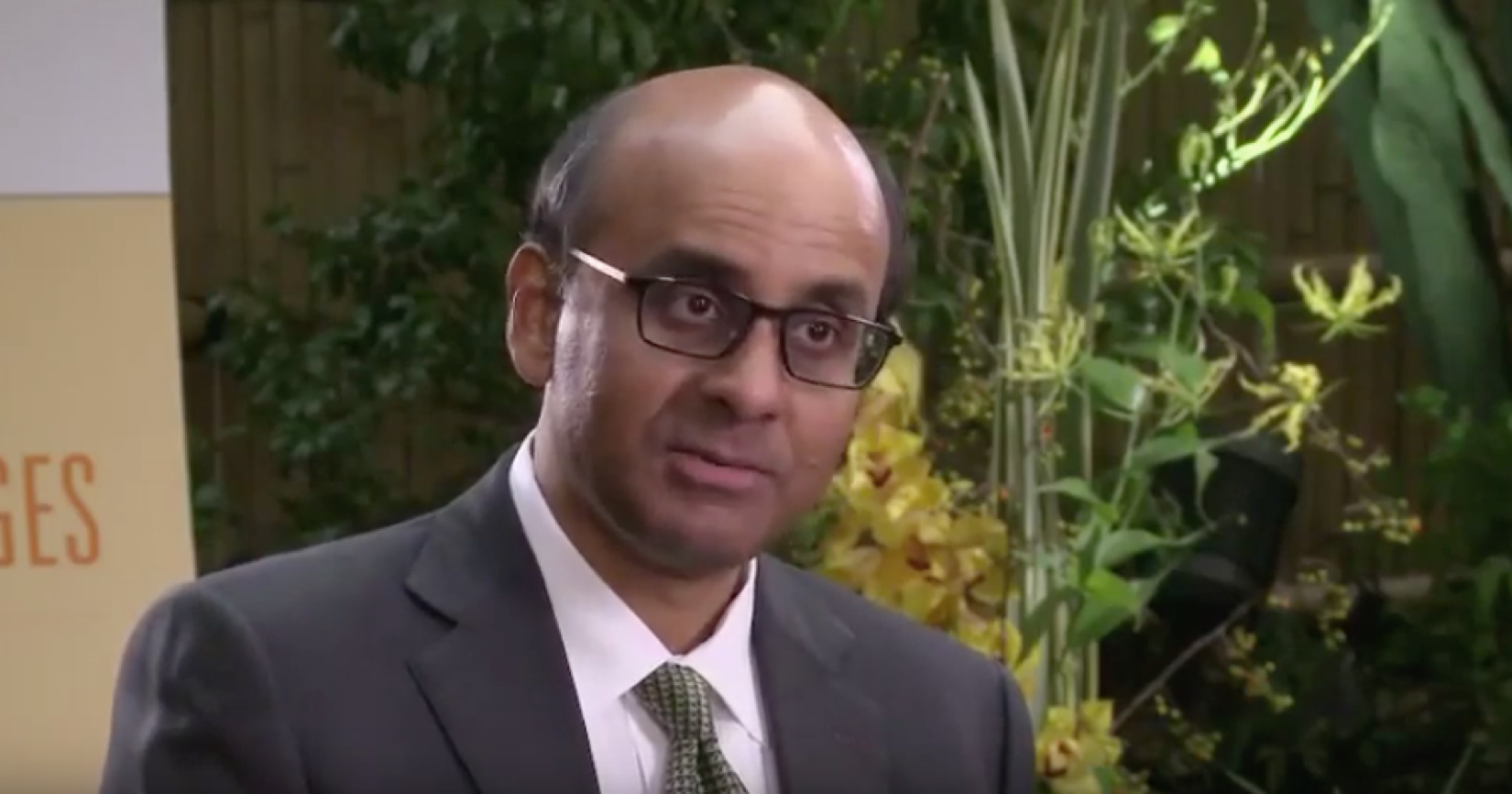You might recall that on May 29, the U.S. Treasury under President Donald Trump placed Singapore on a currency manipulation "watchlist", saying our currency practices, among those of others on the list, required "close attention".
In response, the Monetary Authority of Singapore (MAS) released a public statement on the same day, declaring that Singapore does not manipulate its currency for export advantage.
Instead, Singapore's dollar is managed to maintain medium-term price stability.
Will it impact Singapore's economy?
Workers' Party chief Pritam Singh submitted a written question in Parliament asking if this action on the part of the U.S. would impact Singapore's economy in any way.
In a response published on Monday (July 8), Senior Minister Tharman Shanmugaratnam explained that the U.S. Treasury uses a "generic set of criteria" to make up its list, including:
- whether a country has a significant bilateral goods trade surplus with the U.S.,
- whether a country has a material overall current account surplus, and
- whether a country has in practice engaged in persistent one-sided interventions in the foreign exchange market.
According to Tharman, who also serves as Chairman of the MAS, Singapore was assessed to have met the second and third criteria.
No change in Singapore policy
However, our inclusion in the list will not change our policies. Said Tharman:
"Singapore’s inclusion in the Monitoring List does not affect the Monetary Authority of Singapore's (MAS) conduct of monetary policy. The countries in the List are not by that virtue deemed to be currency manipulators."
He added that the U.S. Treasury acknowledged the "uniqueness" of Singapore's exchange-rate based monetary policy system.
Tharman pointed out that its report said MAS manages the Singapore dollar nominal effective exchange rate within a policy band.
Other central banks in other countries choose to target interest rates instead. Similarly, Singapore's goal is to ensure low inflation, and not to gain an advantage in exports.
"MAS has made it clear that it does not use the exchange rate to make Singapore’s exports more competitive."
Tharman said the MAS will continue its policy to maintain medium-term price stability, while also engaging in "constructive dialogue" with the U.S. Treasury to ensure that its policy framework is well-understood.
Related stories:
Top image via IMF YouTube channel.
If you like what you read, follow us on Facebook, Instagram, Twitter and Telegram to get the latest updates.
